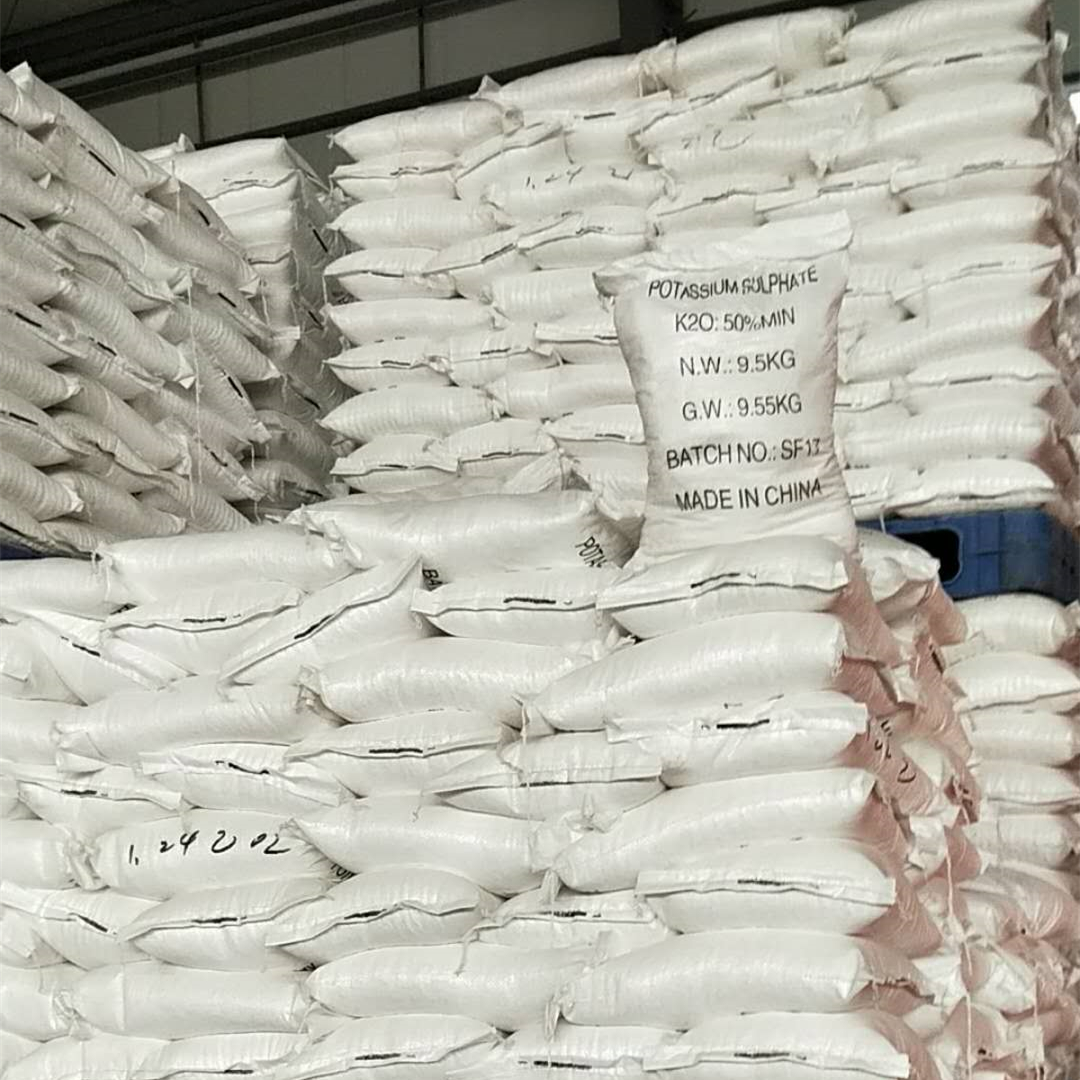
Aug . 13, 2024 23:33 Back to list
Exploring Sustainable Practices in Organic Compost Production for Eco-Friendly Plant Fertilizers
The Rise of Organic Compost Plant Fertilizer Factories A Sustainable Approach to Agriculture
In recent years, the agricultural industry has witnessed a burgeoning interest in sustainable practices, particularly in the realm of fertilizers. One significant trend that has emerged is the establishment of organic compost plant fertilizer factories. These facilities are at the forefront of transforming organic waste into nutrient-rich compost, which is essential for organic farming and contributes to a healthier environment.
Organic compost is derived from a variety of organic materials, including food waste, yard waste, and agricultural residues. The process of composting involves the decomposition of these materials by microorganisms, resulting in a dark, crumbly substance that is high in nutrients. Organic compost not only enriches the soil but also enhances its structure, improves moisture retention, and encourages biodiversity. This makes it an invaluable resource for farmers seeking to enhance soil fertility without relying on synthetic fertilizers.
The rise of organic compost plant fertilizer factories is driven by several factors. First, there is a growing awareness of the environmental impacts associated with chemical fertilizers. Overuse of these fertilizers can lead to soil degradation, water pollution, and a decline in biodiversity. As consumers become increasingly health-conscious and concerned about the origins of their food, the demand for organic products rises. Farmers are responding to this demand by seeking sustainable alternatives, making organic compost an attractive option.
Moreover, the establishment of compost facilities aligns with global sustainability goals. Many governments and organizations are implementing policies aimed at reducing food waste and promoting circular economy practices. By converting organic waste into compost, these factories not only help reduce the volume of waste sent to landfills but also create a valuable product that can be reused in agriculture. This creates a win-win situation for both the environment and the economy.
organic compost plant fertilizer factories

The production process in organic compost plant fertilizer factories involves several key stages. Initially, organic waste is collected and sorted to remove any non-biodegradable materials. The selected organic matter is then shredded and mixed to create the ideal conditions for decomposition. Aerobic microorganisms break down the matter over several weeks, resulting in the formation of compost. Throughout this process, temperature and moisture levels are carefully monitored to ensure optimal conditions for microbial activity.
In addition to producing organic compost, these factories often play a crucial role in educating farmers and the public about the benefits of composting and sustainable agriculture practices. Many facilities offer workshops and training programs, sharing knowledge on how to effectively use compost in farming and gardening. This education fosters a deeper understanding of the vital relationship between soil health and sustainable food production.
However, organic compost factories also face challenges. Ensuring a consistent supply of quality organic materials can be difficult, especially in regions with limited agricultural waste. Additionally, maintaining the right balance of carbon and nitrogen in the composting process is crucial for producing high-quality compost. Despite these challenges, the benefits of organic compost production far outweigh the drawbacks.
In conclusion, organic compost plant fertilizer factories represent a pivotal development in the quest for sustainable agriculture. By converting organic waste into valuable compost, these facilities not only support farmers in their transition to organic practices but also contribute positively to environmental stewardship. As the global demand for organic products continues to rise, these factories will play an essential role in shaping the future of agriculture, promoting a healthier planet for generations to come.
-
Premium Organic Manure Compost for Eco Gardens
NewsAug.01,2025
-
Organic 10-10-10 Fertilizer | Balanced Plant Nutrients
NewsJul.31,2025
-
Premium Amino Acid Fertilizer | Rapid Plant Growth Booster
NewsJul.31,2025
-
10 10 10 Fertilizer Organic—Balanced NPK for All Plants
NewsJul.30,2025
-
Premium 10 10 10 Fertilizer Organic for Balanced Plant Growth
NewsJul.29,2025
-
Premium 10 10 10 Fertilizer Organic for Balanced Plant Growth
NewsJul.29,2025
